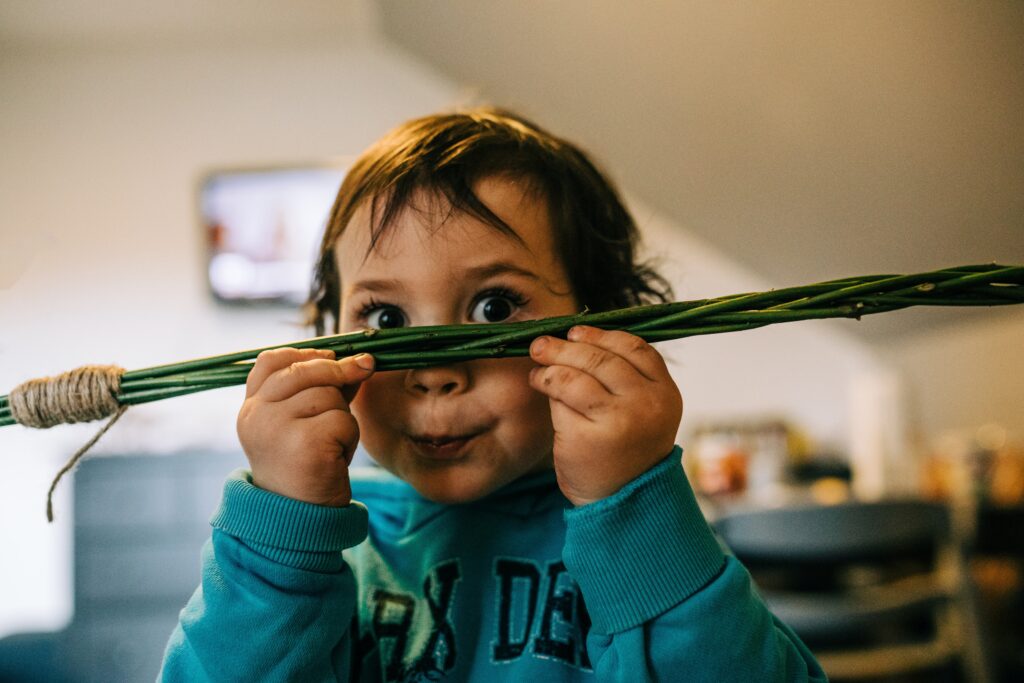The first thing to know about behaviour is this:
All behaviour is a form of communication, and every behaviour has a function.
The next question to ask is:
What is my child trying to tell me?
Sometimes it can help to put a child’s behaviour into their own words, as if they could tell you directly. When I’ve done this exercise with parents, some common responses have been “I don’t understand, I need more information”, “I need help”, or “I want more time with you”. If this is what we heard instead of the behaviour that we don’t want, our response would likely be very different.

Many parents will share that they feel like their children are behaving in ways specifically designed to frustrate them. I have felt this feeling too. Instead, what is happening is that children are behaving in ways that get their needs met, whether that need is connection, safety or feeling in control. Children learn the easiest and quickest way to meet their needs depending on how we, the parents, respond to their behaviour. Whatever works, they’ll do, whether it’s making annoying noises, having a tantrum or playing with something dangerous.
I feel one of the most important qualities to cultivate as a parent is curiosity. What need is my child’s behaviour meeting? What can they learn to do instead, and how can I teach them this? Rather than stopping the behaviours that we don’t want, we are replacing them with safer, healthier, more appropriate behaviours that still meet the child’s need. They might need to learn how to ask for a break, either by using their words or pointing to a picture.
Behaviour is a response to the environment and the environment includes many factors. Sensory input like noise, lighting, and opportunities for movement are part of the environment. Other factors include nutrition and sleep, routine, and opportunities for play. Parents and family members are also part of the environment and are constantly influencing each other’s behaviour. As well as teaching new skills, children often need environmental support like more explanation, or scheduling a favourite activity into their day so they know it will happen. When the environment can work with the child, the child can work with the environment.
If you would like to learn more about this and how it might relate to your parenting experience, please feel free to contact me and I’ll be happy to discuss how we can work together to meet the needs of you and your family.
You are also most welcome to subscribe to my blog to stay up to date with new posts.
